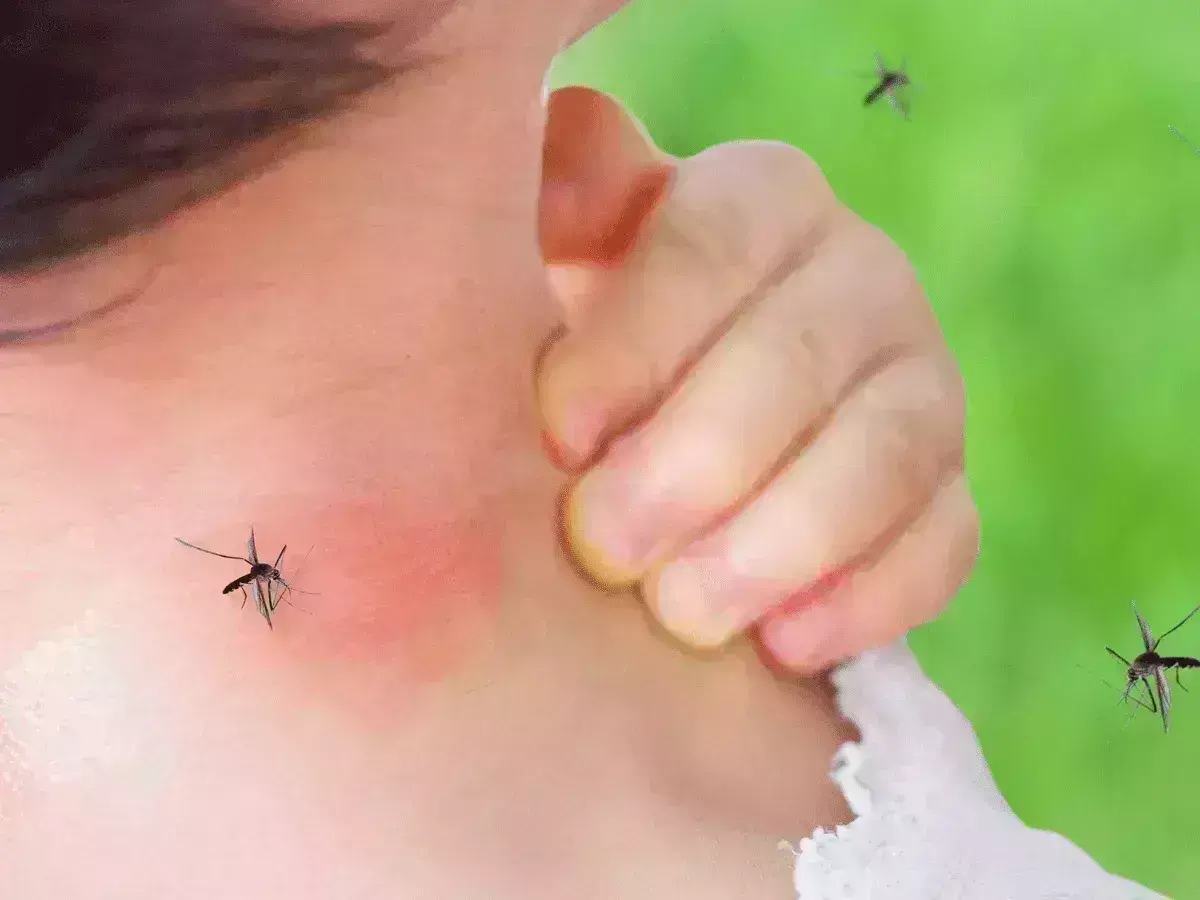- Home
- Medical news & Guidelines
- Anesthesiology
- Cardiology and CTVS
- Critical Care
- Dentistry
- Dermatology
- Diabetes and Endocrinology
- ENT
- Gastroenterology
- Medicine
- Nephrology
- Neurology
- Obstretics-Gynaecology
- Oncology
- Ophthalmology
- Orthopaedics
- Pediatrics-Neonatology
- Psychiatry
- Pulmonology
- Radiology
- Surgery
- Urology
- Laboratory Medicine
- Diet
- Nursing
- Paramedical
- Physiotherapy
- Health news
- Fact Check
- Bone Health Fact Check
- Brain Health Fact Check
- Cancer Related Fact Check
- Child Care Fact Check
- Dental and oral health fact check
- Diabetes and metabolic health fact check
- Diet and Nutrition Fact Check
- Eye and ENT Care Fact Check
- Fitness fact check
- Gut health fact check
- Heart health fact check
- Kidney health fact check
- Medical education fact check
- Men's health fact check
- Respiratory fact check
- Skin and hair care fact check
- Vaccine and Immunization fact check
- Women's health fact check
- AYUSH
- State News
- Andaman and Nicobar Islands
- Andhra Pradesh
- Arunachal Pradesh
- Assam
- Bihar
- Chandigarh
- Chattisgarh
- Dadra and Nagar Haveli
- Daman and Diu
- Delhi
- Goa
- Gujarat
- Haryana
- Himachal Pradesh
- Jammu & Kashmir
- Jharkhand
- Karnataka
- Kerala
- Ladakh
- Lakshadweep
- Madhya Pradesh
- Maharashtra
- Manipur
- Meghalaya
- Mizoram
- Nagaland
- Odisha
- Puducherry
- Punjab
- Rajasthan
- Sikkim
- Tamil Nadu
- Telangana
- Tripura
- Uttar Pradesh
- Uttrakhand
- West Bengal
- Medical Education
- Industry
Study Discovers Promising Novel Method to Control Dengue: NEJM

Dengue virus (DENV) is responsible for an estimated 100 million symptomatic cases of infection and 10,000 deaths annually. In 2019, the World Health Organization designated dengue as one of the top 10 global health threats. In a recent study, researchers have found that infecting Aedes aegypti mosquitoes with wMel strain of Wolbachia pipientis reduces the incidence and hospitalization for dengue. The research has been published in the NEW ENGLAND JOURNAL of MEDICINE on June 10, 2021.
Aedes aegypti mosquitoes are the primary vectors of dengue. Efforts to control A. aegypti populations with the use of insecticides or environmental management methods have not been effective in controlling dengue as a public health problem in most countries. Wolbachia pipientis — a common, maternally inherited, obligate intracellular type of bacteria — infects many species of insects but does not occur naturally in A. aegypti. Stable transinfection of A. aegypti with some strains of Wolbachia confers resistance to disseminated infection by DENV and other arboviruses. Thus, the introgression of "virus-blocking" strains of Wolbachia into field populations of A. aegypti is an emerging dengue-control method.
Therefore, Dr Adi Utarini and her team conducted a study to assess the efficacy of deployments of A. aegypti mosquitoes infected with the wMel strain of Wolbachia in reducing the incidence of VCD in Yogyakarta, Indonesia.
In this cluster-randomization trial, the researchers randomly assigned 12 geographic clusters to receive deployments of wMel-infected A. aegypti (intervention clusters) and 12 clusters to receive no deployments (control clusters). All clusters practised local mosquito-control measures as usual. They used a test-negative design to assess the efficacy of the intervention. The researchers included a total of 8144 patients with acute undifferentiated fever who presented to local primary care clinics. Among 8144 patients, 3721 lived in intervention clusters, and 4423 lived in control clusters. They used laboratory testing to identify patients with virologically confirmed dengue (VCD) and those who were test-negative controls. The major outcome assessed was symptomatic VCD of any severity caused by any dengue virus serotype.
Key findings of the study were:
- Upon intention-to-treat analysis, the researchers noted that the VCD occurred in 67 of 2905 participants (2.3%) in the intervention clusters and 318 of 3401 (9.4%) in the control clusters (aggregate odds ratio for VCD, 0.23).
- They observed that the protective efficacy of the intervention was 77.1% against all four DENV serotypes and with the greatest confidence observed against DENV-2 and DENV-4 since these were the most prevalent serotypes.
- They found that the incidence of hospitalization for VCD was lower among participants who lived in intervention clusters (13 of 2905 participants [0.4%]) than among those who lived in control clusters (102 of 3401 [3.0%]) (protective efficacy, 86.2%).
The authors concluded, "Introgression of wMel into A. aegypti populations was effective in reducing the incidence of symptomatic dengue and resulted in fewer hospitalizations for dengue among the participants."
For further information:
Josepha James (Msc Cinical Research) joined Medical Dialogues as a writer in Medical News Section in 2020 . She covers news in several medical specialties from both national and international journals and associations. She has completed Bachelors in Physician Assistant and then pursued Masters in Clinical Research. She can be contacted at editorial@medicaldialogues.in.
Dr Kamal Kant Kohli-MBBS, DTCD- a chest specialist with more than 30 years of practice and a flair for writing clinical articles, Dr Kamal Kant Kohli joined Medical Dialogues as a Chief Editor of Medical News. Besides writing articles, as an editor, he proofreads and verifies all the medical content published on Medical Dialogues including those coming from journals, studies,medical conferences,guidelines etc. Email: drkohli@medicaldialogues.in. Contact no. 011-43720751


